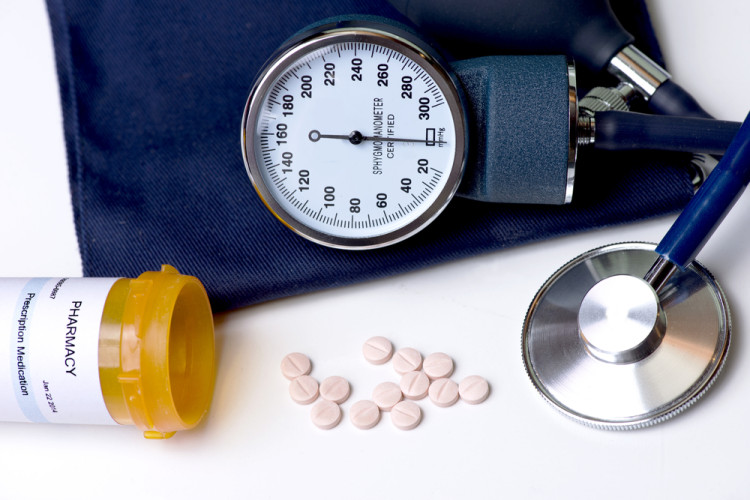Find The Best Medication For High Blood Pressure

Modern lifestyle demands a lot from our bodies, which is why so many people suffer from cardiovascular ailments, including high blood pressure. There are many contributing factors that can put someone at additional risk, from genetic predisposition to elevated stress levels and improper food intake. With this in mind, a large number of people would be well advised to learn a little bit about medication for high blood pressure, or antihypertensive medication as it is alternatively known.
Fortunately, contemporary medicine is well equipped to assist against hypertension. There are multiple types of medication for high blood pressure that can be effective, for the treatment of this condition and/or prevention of the reoccurrence of symptoms, and each group achieves the effects in a different way. Depending on the specific nature of patient’s condition, history of the case, adverse reactions to medicaments and other factors, a decision should be made on the best treatment for each individual patient. Here is a brief overview of the available options that have been confirmed by years of therapeutic practice and are regularly assigned by physicians:
Diuretics such as Diuril, Lasix or Aldactone stimulate release of excessive liquid from the body, while beta blockers (Sectral, Cartrol, Lopressor, Levatol) and alpha-blockers (Cardura, Minipress, Hytron) reduce the workload on the heart and relax the muscle tone of vascular walls. There are certain drugs that combine properties of alpha and beta blockers, notably Coreg and Normodyne. Central agonists such as Aldomet, Tenex, and Wytensin also reduce tension in the blood vessels but use a different neural pathway than the aforementioned categories of medication for high blood pressure.
ACE inhibitors (Vasotec, Capoten, Univasc, Aceon, Accupril) are another important group of drugs used by cardiovascular patients, known for their ability to block production of angiotensin, a chemical that contributes to constriction of blood vessels. Meanwhile, angiotensin II receptor blockers such as Teveten, Micardis, Avapro or Diovan prevent this chemical from binding onto cellular receptors, thus helping to reduce blood pressure. Calcium channel blockers (Vasocor, Norvasc, Plendil or DynaCirc) exhibit a similar mechanism of action by keeping calcium out of the cardiovascular system in order to decrease strength of heart contractions.
A prudent treatment option that shouldn’t be overlooked are peripheral androgenic inhibitors, drugs such as Hylorel, Ismelin and Serpasil that regulate blood pressure by controlling neurotransmitters in the brain. While effective, this type of treatment is resorted to only when other methods fail due to concerns about side-effects. Vasodilators or blood vessel dilators (Apresoline, Loniten) are yet another kind of medication for high blood pressure that can reduce tension of the fine muscles in the arteries, but is mostly reserved for serious cases of hypertension.
It should be noted that many of the listed drugs have serious counter-indications and that medication for high blood pressure should always be selected with assistance from a specialized medical professional. However, staying informed about possible routes of treatment is certainly a bonus, providing sufficient reasons for people suffering from this condition to research the drugs that are currently used to treat hypertension.



